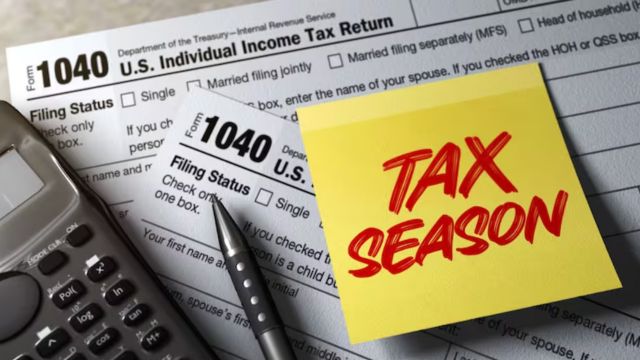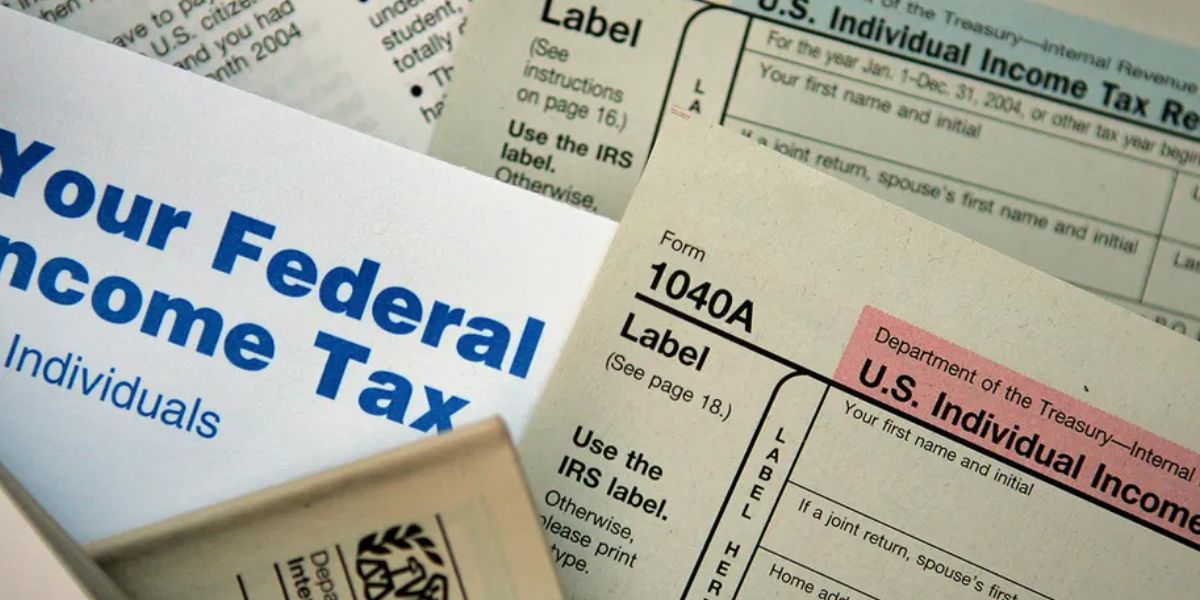As the U.S. tax season draws to a close, millions of taxpayers have already submitted their forms to the IRS.
The tax return filing deadline frequently causes anxiety and tension, particularly if there have been significant changes in one’s finances or if all the required paperwork is still pending. For individuals who are unable to reach the deadline, there is an alternative.
You can ask the Internal Revenue Service (IRS) for an extension to submit your tax return. Although it is not a given, the procedure is rather easy and can provide you an extra six months to turn in the paperwork.
It is crucial to remember that payment must be made prior to the standard date; this measure only applies to filing.
Therefore, you can utilize this legal recourse to avoid late filing penalties if you are not yet ready to file your return. You can safeguard your finances and make an informed choice if you are aware of the specifics of this extension.
How can you ask for an extension and how long do you have to file?
This year, your tax return must be filed by April 15, 2025. To avoid late filing penalties, all taxpayers must turn in their forms by that date or request an extension if they can’t.

This service, which is provided directly to the IRS, is free.
Form 4868 must be filled out and electronically filed using IRS-approved software or a tax preparer in order to receive the extension. Although completing the form online expedites the procedure and enables you to verify that the request was approved, it is also feasible to submit it on paper.
The revised deadline is October 15, 2025, with an additional six months provided by the extension. It is important to keep in mind, nevertheless, that this extension does not delay the payment of taxes that are due.
If a payment is anticipated, it must be made by April 15 in order to avoid penalties and interest.
What occurs if you don’t file your return or ask for the extension?
Financial penalties will be imposed on taxpayers who fail to file a tax return or request an extension by April 15.
For each month of the delay, the late filing penalty can be as much as 25% of the outstanding tax. Furthermore, interest is accrued on the outstanding debt in the event that payment is not made.
The IRS provides choices, such as installment payment plans, if you are unable to pay the entire amount of taxes due. This enables you to meet your tax responsibilities and lessen the financial effect.
Therefore, it is preferable to file your return or seek for an extension on time, even if you do not have the entire amount of money available.
Lastly, there won’t be a penalty for anyone who haven’t submitted their return but anticipate receiving a refund from the IRS. However, it’s crucial to remember that there is a three-year maximum for return claims, so delaying submitting indefinitely could cost you that money.
Source: tododisca




